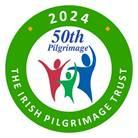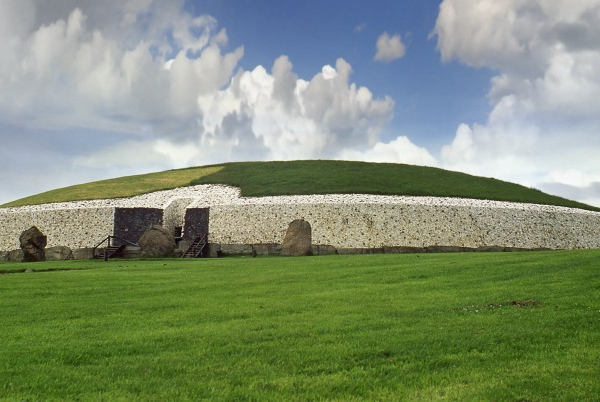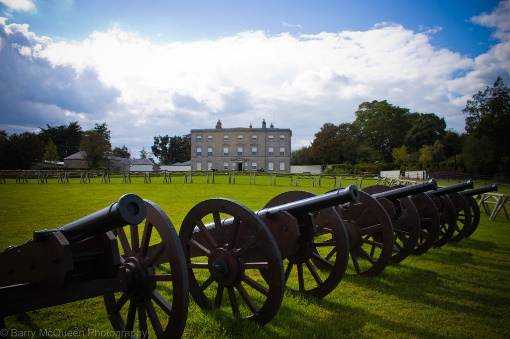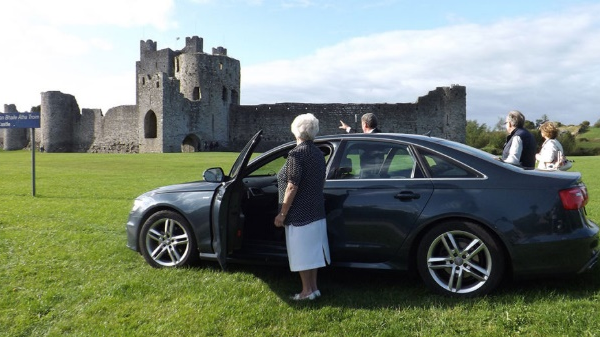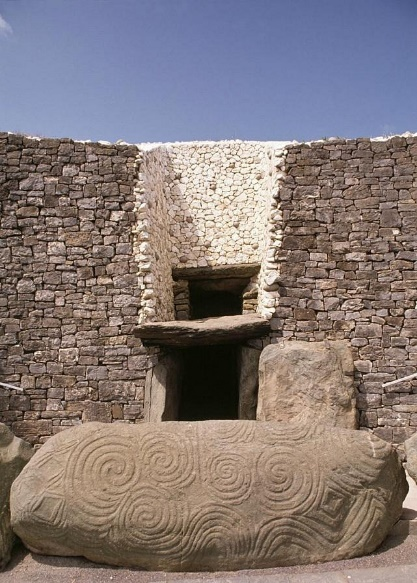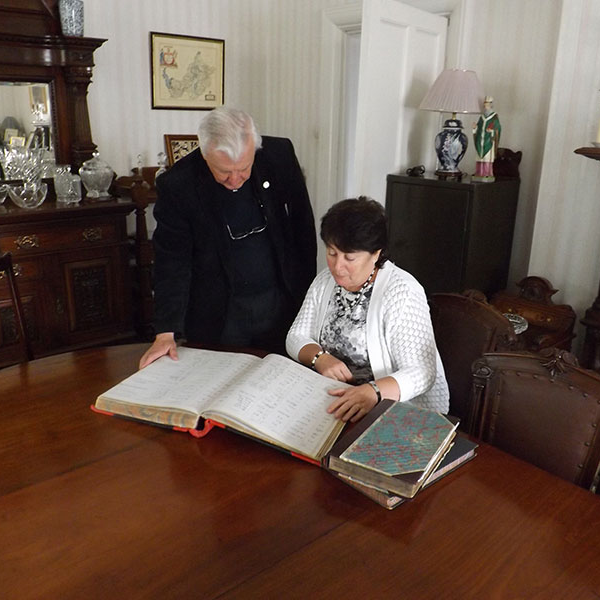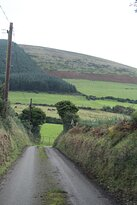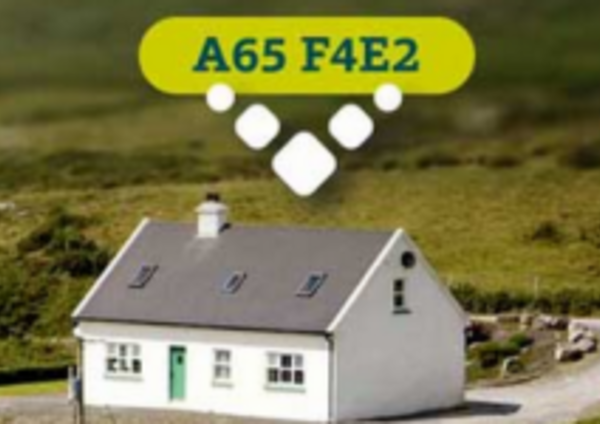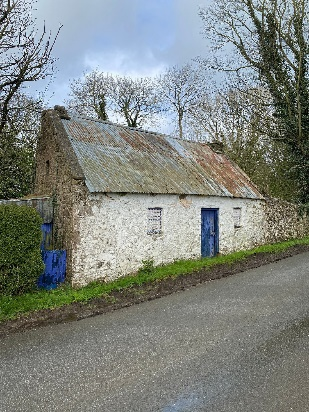Tracing your Irish ancestry can be a rewarding journey that connects you with your heritage. Understanding the key types of Irish genealogy records is essential to unlock the stories of your ancestors.
Here’s a guide to the most important records you’ll need for your Irish genealogy research.
Civil Records
Civil registration of births, marriages, and deaths began in Ireland in 1864. These records, kept in the Public Records Office, are invaluable as they provide vital information such as dates, places, and familial relationships. Birth records will typically include the names of the child and parents, while marriage records provide details of the spouses and their parents, and death records offer insights into family lineage and causes of death.
Church Records
Before civil registration, church records are your best bet for finding information. Baptism, marriage, and burial records from Catholic, Protestant, and other denominations can date back to the 1600s. These records are particularly crucial for genealogy research in counties like Wexford, Meath, and Clare, where parish registers can reveal several generations of family history.
Census Records
Irish census records, taken every ten years, provide snapshots of families and individuals. Unfortunately, many pre-1901 census records were destroyed, but the 1901 and 1911 censuses are fully available online and offer detailed information about households, including names, ages, occupations, and birthplaces.
Wills and Probate Records
Wills and probate records can provide insight into your ancestors’ lives, their wealth, and family connections. They often list relatives and their relationships to the deceased that help form links between ancestors. These records can be particularly useful for Northern Ireland genealogy research where other records might be scarce.
Immigration and Emigration Records
Many Irish emigrated to America, Canada, Australia, and other countries during the 19th and early 20th centuries. Passenger lists, naturalization records, and other emigration documents can help trace the journeys of your ancestors and identify their origins in Ireland.
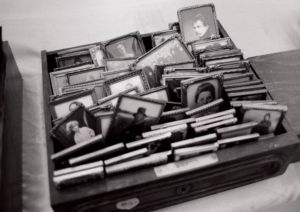
Historical and Cultural Context
Understanding the historical and cultural context of your ancestors’ lives enriches your genealogy research. Participating in family history tours or cultural tours in Ireland can provide deeper insights into the places and lifestyles of your ancestors.
Additionally, once you begin the process of exploring your ancestry, you should make sure to choose a genealogy research company that ensures accuracy of all records at source.
This is where My Ireland Family Heritage comes in.
Our team has extensive experience with uncovering reliable records and we make sure to cross-check every source of information that ties you to your heritage.
Start Now
Ready to delve into your Irish ancestry? My Ireland Family Heritage offers personalized services to help you uncover your Irish family history. Whether you’re interested in Irish genealogy research or wish to participate in family history tours, we provide expert guidance and support. Our team specializes in Northern Ireland genealogy research, historical tours in Ireland, and more.
Contact us today to start your journey into the past.


